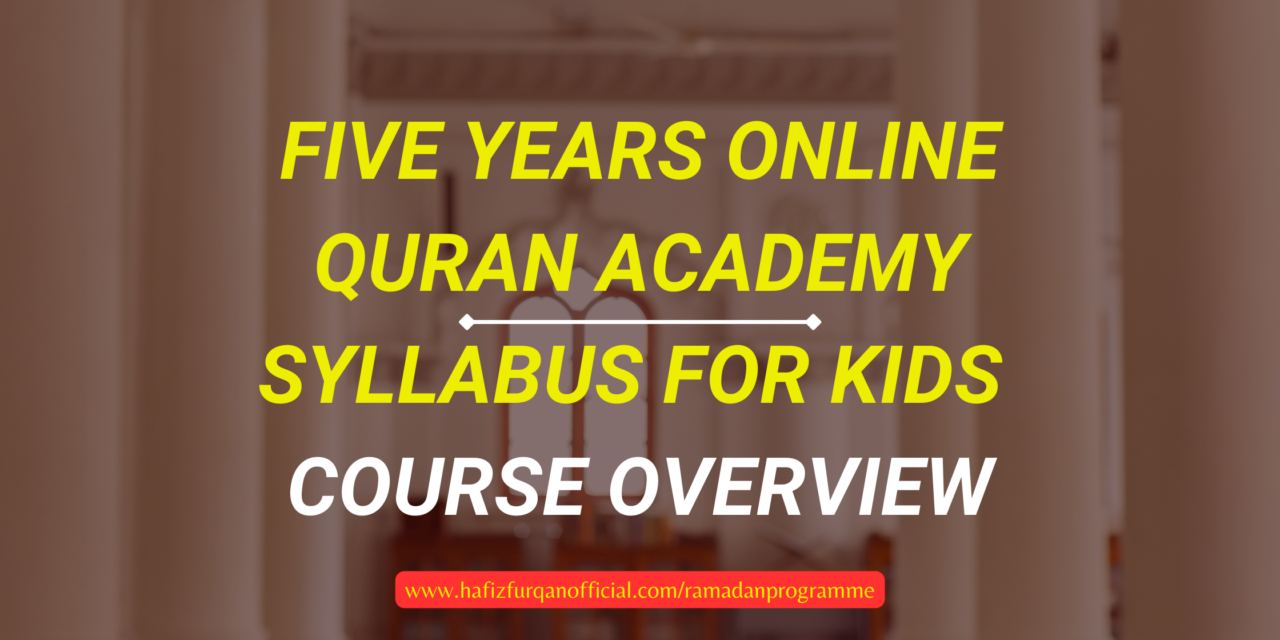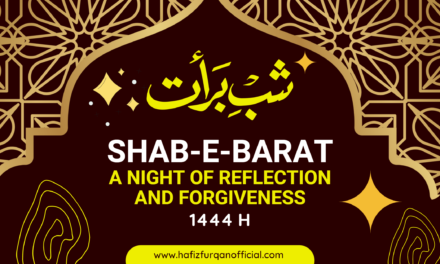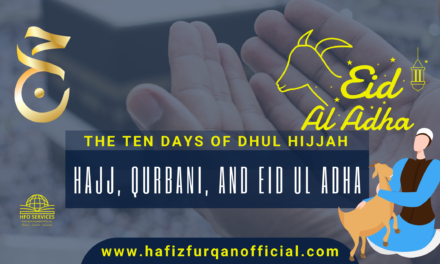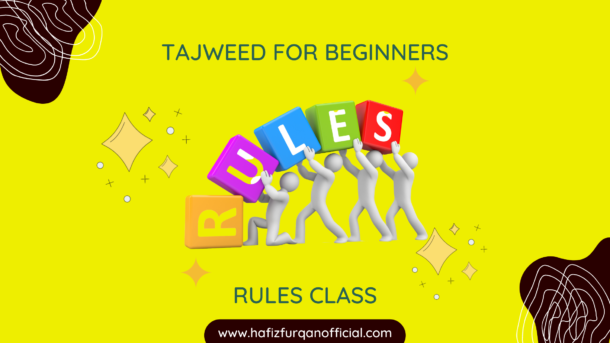The five years online Quran academy syllabus for kids includes the following subjects:
Quran:
Students will start with learning the Arabic alphabet and progress to reciting the entire Quran along with Tajweed rules. They will also memorize certain Surahs and learn the meanings and more.
Hadeeth:
Students will learn Du’aa and Sunnah practices for various activities, such as eating, drinking, and visiting the mosque. They will also memorize forty Ahadeeth and their translations related to the five broad branches of Deen.
Aqaa’id (Beliefs) and Masaa’il (Rules):
Students will learn the basic beliefs of Islam, such as the belief in Allah, Prophet Muhammad (peace be upon him), and the divine books. They will also learn the necessary rules of cleanliness and prayer.
Salaah:
Students will learn how to perform the five daily prayers, as well as other prayers such as the Witr, Jumu’ah, and traveler’s prayer. They will also learn the relevant Duaas.
Islamic Upbringing:
Students will learn about Islamic personalities, historical places, and important facts about Islam. They will also learn five speeches and Du’aa from the Quran.
Seerah:
Students will learn about the life of Prophet Muhammad (peace be upon him) and the four rightly guided Khulafaa.
Deen Made Easy:
Students will learn forty lessons related to the five broad branches of Deen for their religious upbringing.
Languages:
Students will learn Arabic and Urdu. In Arabic, they will learn the numbers, words for things used on a daily basis, Islamic months and days, and names of the limbs of the body. In Urdu, they will start with the alphabet and progress to reading and writing.
Conclusion:
The syllabus mentioned appears to be focused on Islamic education and covers a wide range of topics including Quranic recitation, memorization of selected surahs and duas, basic beliefs of Islam, practical aspects of Salah (Islamic prayer), rules of cleanliness and prayer, the names of Allah, the life history of the Prophet Muhammad (peace be upon him) and the four righteous caliphs, and more.
The syllabus is designed to provide students with a well-rounded understanding of Islamic teachings and practices. It covers both theoretical knowledge and practical skills, such as reciting the Quran correctly and performing Salah properly. The inclusion of Arabic and Urdu language instruction is also notable, as these languages are important for understanding Islamic texts and traditions.
Overall, the syllabus appears to be a comprehensive and structured approach to Islamic education, aimed at providing students with a strong foundation in Islamic beliefs, practices, and language.






